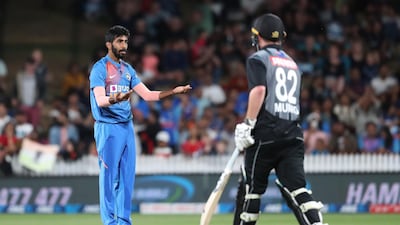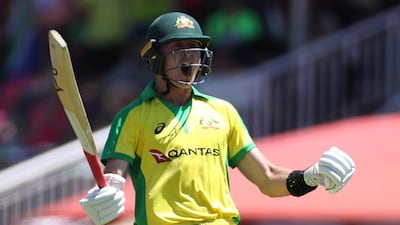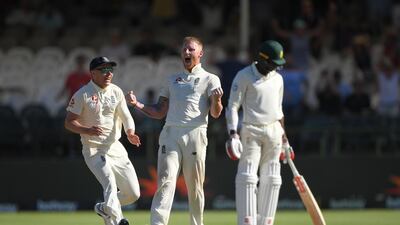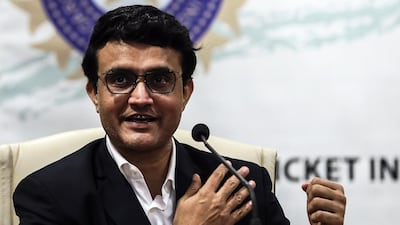We had about two-and-a-half months of cricket in 2020 before the entire world went into various stages of lockdown following the coronavirus outbreak.
But even in this brief duration, we have had some memorable moments in and around the cricket field.
India whitewashed
It was supposed to be a tour where Virat Kohli’s India proved their credentials away from home once and for all. They started off the New Zealand trip well, sweeping the T20 series 5-0. That scoreline was deceptive as the Kiwis were in winning positions in the last three T20s and somehow managed to choke at the finish line and lose two matches in the super over and one by seven runs.
And just like that, the tables turned. New Zealand gained the upper hand in each of the next five matches – three ODIs and two Tests – to dominate India and whitewash both series. For India, the continued failures of captain Virat Kohli and Jasprit Bumrah proved to be the fatal blow.
Babar Azam’s purple patch
He was earlier seen as just a white-ball specialist who struggled in Test cricket. But 2019-20 was the year where Pakistan star batsman Babar Azam emerged as a world-class batsman, full stop. Since November, Azam has scored four centuries and two fifties in his last seven Test innings. He started off this year in Tests with a century against Bangladesh and scored an unbeaten T20 fifty against them. Now on the verge of averaging more than 50 in all formats.
Entire PSL in Pakistan
For some time, Pakistan had one foot back home and the other in the UAE as they tried to split their international fixtures between the two countries. But in 2020, they made a decisive move by hosting the entire Pakistan Super League (PSL) in their backyard. That meant some big names decided to not play in the PSL, but it was clear that Pakistan wanted top-level cricket at home more than anything else.
Pakistan went against the global trend of cancellation and nearly completed staging of the PSL before Alex Hales’ virus scare put an end to the league’s finale.
_________________
PSL team of the tournament
_________________
England shine in South Africa
South African cricket has been in a precarious position for some time. A spate of retirements, plus a new management meant the Proteas were under pressure when England came to their shores. Credit to England who fought back from a 107-run defeat in the first Test in December to win the Test series 3-1, level ODIs 1-1, and win the T20 series 2-1.
The elbow injury to Jofra Archer was a major setback for the Englishmen but overall, it was a a tour to remember.
Marnus Labuschagne’s rise continues
The Australia batsman followed in the footsteps of Steve Smith, going from a leg-spinner who can bat to a world-class top order batsman in the blink of an eye.
Labuschange had already made waves in the Test arena. This year, he made his ODI debut against India and already has a ton and two fifties after six innings. He is currently averaging 50 in ODIs and a staggering 63 in Tests, although one must admit these are early days in his career.
Financial crunch hits cricket
Who would have thought that the mega-rich Indian cricket board would be forced to reduce the prize pool of its most beloved property – the Indian Premier League – and impose restrictions on business class travel of its staff.
But that is what has happened as the realities of a stuttering global economy started to impact even the Board of Control for Cricket in India. The situation will get catastrophic if for some reason the IPL gets called off.
New era in UAE cricket
UAE would like to forget 2019 for it was the year when a bulk of its senior side got caught in anti-corruption investigations. Overnight, the UAE lost almost its entire senior crop and was forced to bring in school kids to make up a playing XI.
This year, Dougie Brown – the coach who attempted to keep the team’s head above water – was replaced by former India all-rounder Robin Singh.
It has not been the best of times for UAE cricket, but the future holds a lot of promise.


















